
Code: 02706127
Metrical Theory of Continued Fractions
by M. Iosifescu, Cornelis Kraaikamp
This monograph is intended to be a complete treatment of the metrical the ory of the (regular) continued fraction expansion and related representations of real numbers. We have attempted to give the best possible results known so ... more
- Language:
 English
English - Binding: Hardback
- Number of pages: 383
Publisher: Springer Netherlands, 2002
- More about this

121.07 €

Low in stock at our supplier
Shipping in 13 - 16 days
Potřebujete více kusů?Máte-li zájem o více kusů, prověřte, prosím, nejprve dostupnost titulu na naši zákaznické podpoře.
Add to wishlist
You might also like
-

Nisekoi: False Love, Vol. 4
9.98 € -11 % -
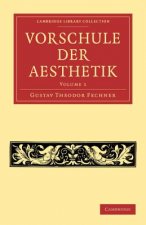
Vorschule der Aesthetik
52.46 € -

Winds of Freedom
80 € -
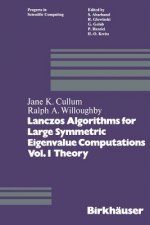
Lanczos Algorithms for Large Symmetric Eigenvalue Computations Vol. I Theory, 1
61.44 € -

Gentiles and the Gentile Mission in Luke-Acts
52.25 € -
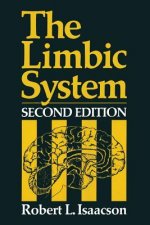
Limbic System
51.14 € -2 % -

Third Part of King Henry VI
87.06 €
Give this book as a present today
- Order book and choose Gift Order.
- We will send you book gift voucher at once. You can give it out to anyone.
- Book will be send to donee, nothing more to care about.
More about Metrical Theory of Continued Fractions
You get 304 loyalty points
 Book synopsis
Book synopsis
This monograph is intended to be a complete treatment of the metrical the ory of the (regular) continued fraction expansion and related representations of real numbers. We have attempted to give the best possible results known so far, with proofs which are the simplest and most direct. The book has had a long gestation period because we first decided to write it in March 1994. This gave us the possibility of essentially improving the initial versions of many parts of it. Even if the two authors are different in style and approach, every effort has been made to hide the differences. Let 0 denote the set of irrationals in I = [0,1]. Define the (reg ular) continued fraction transformation T by T (w) = fractional part of n 1/w, w E O. Write T for the nth iterate of T, n E N = {O, 1, ... }, n 1 with TO = identity map. The positive integers an(w) = al(T - (W)), n E N+ = {1,2··· }, where al(w) = integer part of 1/w, w E 0, are called the (regular continued fraction) digits of w. Writing . for arbitrary indeterminates Xi, 1 :::; i :::; n, we have w = lim [al(w),··· , an(w)], w E 0, n---oo thus explaining the name of T. The above equation will be also written as w = lim [al(w), a2(w),···], w E O.
 Book details
Book details
Book category Books in English Mathematics & science Mathematics Applied mathematics
121.07 €
- Full title: Metrical Theory of Continued Fractions
- Author: M. Iosifescu, Cornelis Kraaikamp
- Language:
 English
English - Binding: Hardback
- Number of pages: 383
- EAN: 9781402008924
- ISBN: 1402008929
- ID: 02706127
- Publisher: Springer Netherlands
- Weight: 748 g
- Dimensions: 240 × 160 × 23 mm
- Published: 2002
Trending among others
-

Chaos
14.32 € -22 % -
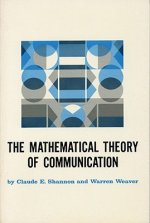
Mathematical Theory of Communication
25.92 € -8 % -
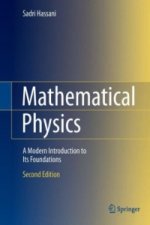
Mathematical Physics
111.99 € -
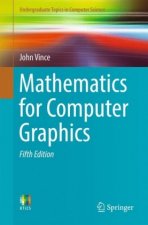
Mathematics for Computer Graphics
67.39 € -
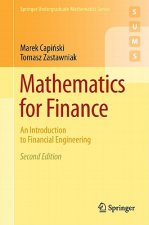
Mathematics for Finance
39.54 € -

Matrix Computations
75.16 € -14 % -

Networks
91.60 € -4 % -

Category Theory for the Sciences
67.49 € -7 % -
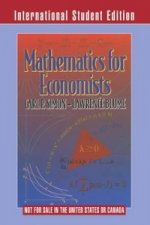
Mathematics for Economists
84.44 € -

Advanced Engineering Mathematics 10e ISV WIE
71.93 € -7 % -
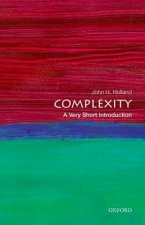
Complexity: A Very Short Introduction
9.27 € -28 % -
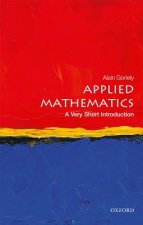
Applied Mathematics: A Very Short Introduction
9.27 € -28 % -
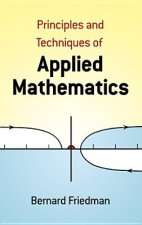
Principles and Techniques of Applied Mathematics
16.94 € -19 % -
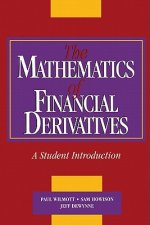
Mathematics of Financial Derivatives
85.15 € -
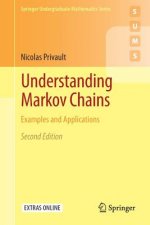
Understanding Markov Chains
51.45 € -
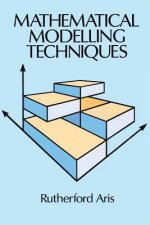
Mathematical Modelling Techniques
13.71 € -19 % -
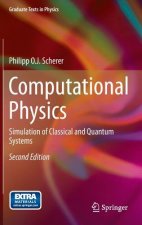
Computational Physics
48.82 € -35 % -
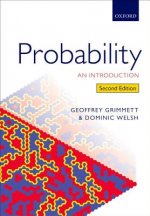
Probability
53.97 € -1 % -

Artificial Intelligence for Financial Markets
153.66 € -
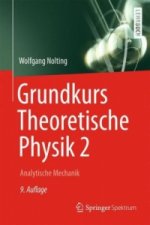
Grundkurs Theoretische Physik 2
35.81 € -4 % -

Stochastic Processes
230.04 € -
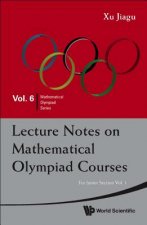
Lecture Notes On Mathematical Olympiad Courses: For Junior Section - Volume 1
29.25 € -
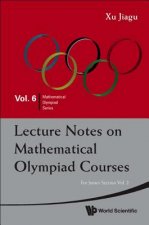
Lecture Notes On Mathematical Olympiad Courses: For Junior Section - Volume 2
26.63 € -10 % -
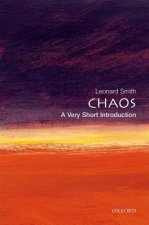
Chaos: A Very Short Introduction
9.27 € -28 % -
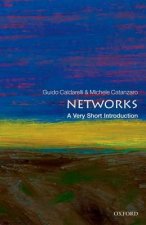
Networks: A Very Short Introduction
9.98 € -29 % -

Financial Modelling in Commodity Markets
67.49 € -
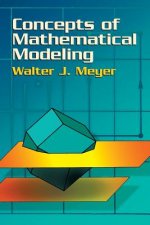
Concepts of Mathematical Modeling
19.06 € -31 % -
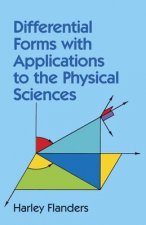
Differential Forms with Applications to the Physical Sciences
13.01 € -18 % -
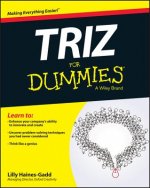
TRIZ For Dummies
24.61 € -29 % -
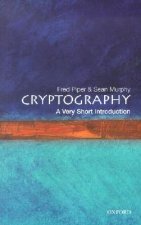
Cryptography: A Very Short Introduction
9.98 € -29 % -
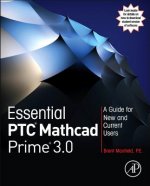
Essential PTC (R) Mathcad Prime (R) 3.0
85.95 € -
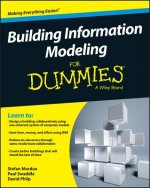
Building Information Modeling For Dummies
28.95 € -18 % -
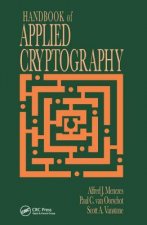
Handbook of Applied Cryptography
202.99 € -
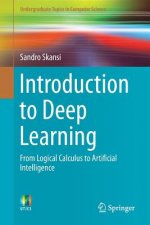
Introduction to Deep Learning
57.70 € -
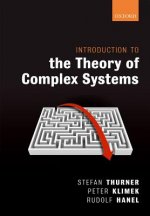
Introduction to the Theory of Complex Systems
91.40 € -4 % -

Mastering Financial Modeling: A Professional's Guide to Building Financial Models in Excel
85.65 € -
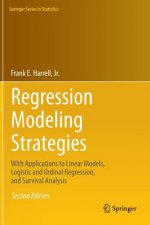
Regression Modeling Strategies
133.17 € -12 % -
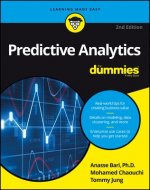
Predictive Analytics For Dummies, 2e
23.20 € -24 % -
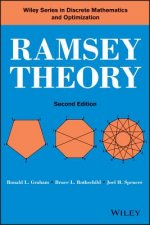
Ramsey Theory, Second Edition
99.17 € -
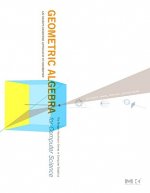
Geometric Algebra for Computer Science (Revised Edition)
94.63 € -
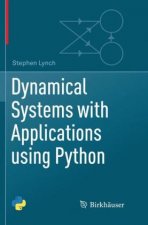
Dynamical Systems with Applications using Python
69.41 € -4 % -
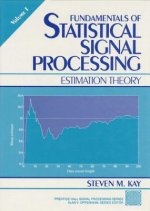
Fundamentals of Statistical Processing, Volume I
129.74 € -
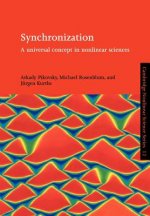
Synchronization
118.85 € -
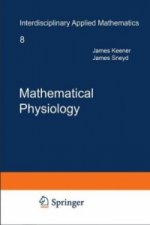
Mathematical Physiology, 2 Vols.
112.19 € -
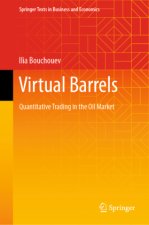
Virtual Barrels
61.84 € -

Student Solutions Manual for Nonlinear Dynamics and Chaos, 2nd edition
25.31 € -
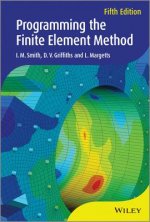
Programming the Finite Element Method 5e
140.54 € -
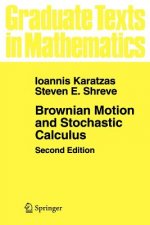
Brownian Motion and Stochastic Calculus
72.13 € -

Handbook of Induction Heating
191.49 € -5 %
Collection points Bratislava a 2642 dalších
Copyright ©2008-24 najlacnejsie-knihy.sk All rights reservedPrivacyCookies


 15549 collection points
15549 collection points Delivery 2.99 €
Delivery 2.99 € 02/210 210 99 (8-15.30h)
02/210 210 99 (8-15.30h)